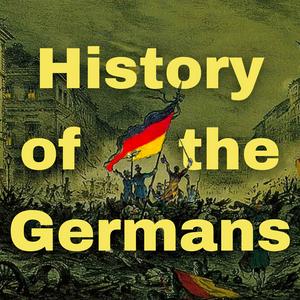We are now 7 episodes into the action-packed life of emperor Maximilian and he is only 35 years old. We still have another 24 years to go and they will be again full of wars, outlandish schemes, including one where he wants to make himself pope and of course marriages that create an empire. But if you look into German history schoolbooks, the thing that Maximilian is most famous for is what we will discuss today, the Imperial reforms that start in earnest in 1495 and will go through some iterations, before being largely completed in 1555.
Of the 1495 reforms, the Ewige Landfrieden is the most impactful. And it begins as follows quote:
“..from this moment on, no person of whatever rank, status, or condition shall make war on others, or rob, declare feud with, invade, or besiege them, or help anyone else to do so in person or through servitors; or violently occupy any castle, town, market, fortress, village, farmstead, or hamlet, or seize them illegally against another's will, or damage them with fire or in any other way, or assist by word or deed or in any other way support or supply any perpetrators of such deeds, or knowingly harbor, house, feed, or give drink, aid, and comfort to such persons.”
That sounds great. Who could possibly disagree with that? Why did it take months and months of negotiations to agree this?
Let’s find out.
The music for the show is Flute Sonata in E-flat major, H.545 by Carl Phillip Emmanuel Bach (or some claim it as BWV 1031 Johann Sebastian Bach) performed and arranged by Michel Rondeau under Common Creative Licence 3.0.
As always:
Homepage with maps, photos, transcripts and blog: www.historyofthegermans.com
If you wish to support the show go to: Support • History of the Germans Podcast
Facebook: @HOTGPod
Threads: @history_of_the_germans_podcast
Bluesky: @hotgpod.bsky.social
Instagram: history_of_the_germans
Twitter: @germanshistory
To make it easier for you to share the podcast, I have created separate playlists for some of the seasons that are set up as individual podcasts. they have the exact same episodes as in the History of the Germans, but they may be a helpful device for those who want to concentrate on only one season.
So far I have:
The Ottonians
Salian Emperors and Investiture Controversy
Fredrick Barbarossa and Early Hohenstaufen
Frederick II Stupor Mundi
Saxony and Eastward Expansion
The Hanseatic League
The Teutonic Knights
The Holy Roman Empire 1250-1356
The Reformation before the Reformation


